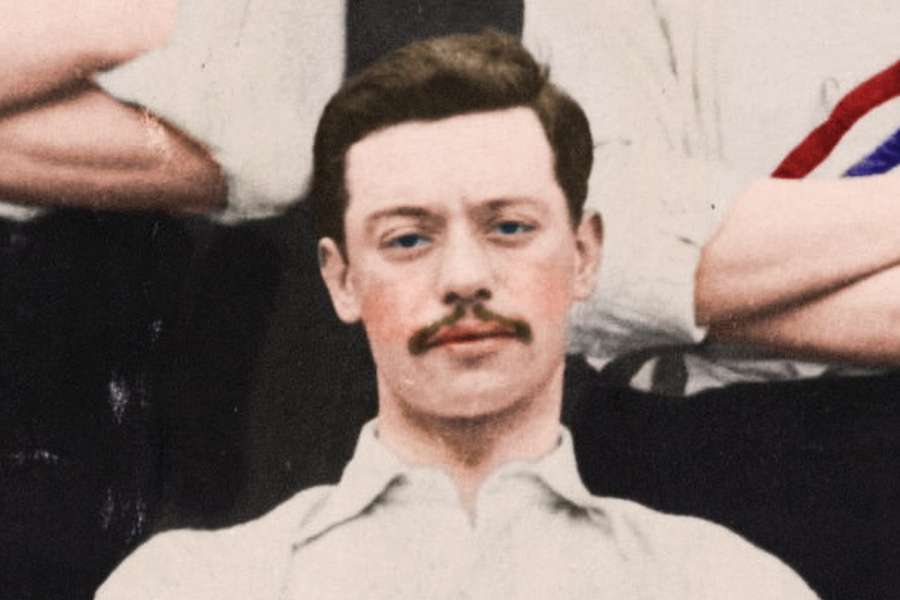Even under Nazi Germany’s ruthless rule, sport kept the Dutch people going. Football remained largely untouched by the occupiers and attracted thousands in attendance.
But the pitches, courts, and fields also harboured heroes of the Dutch resistance, who fought for the country’s freedom by giving shelter to Jewish families, sabotaging German war efforts, being the extension of the Dutch government-in-exile in London, and standing up to oppression.
During the week in which we celebrate 80 years of freedom, we tell the stories of the resistance heroes who lived double lives in and away from the theatre of their sport.
Episode 1: Gerben Wagenaar, the Dutch resistance hero who sparked his football club's fire
Episode 2: Ad van Eerd, the resistance hero who captained PSV to their first title
Episode 3: Olympia, the Amsterdam boxing school which formed the first Jewish resistance
Episode 4: Piet Roodenburgh, the field hockey prodigy who gave his life for the resistance
Episode 5: Jan Carel Wijnbergen, the Ajax talent who picked rescuing Jewish children over stardom
Episode 6: Albert Wittenberg, the trailblazer who broke football's racial barriers and saved a life
Rein Boomsma
The first of anything is a remarkable occasion. Earlier in this series, we discussed the first PSV captain to win the championship, potentially the first one-two penalty in football history, and the Amsterdam boxing school, which formed the foundation of the first Jewish resistance during the Second World War.
But on a sporting pedigree, none of those stories might match that of Rein Boomsma’s.
Born on June 19th, 1879, Reinder Boomsma played his earliest football on the streets of Schagen in North Holland before moving to Rotterdam.
Very soon, Boomsma would come to the attention of Sparta full-back Cees van Hasselt. Boomsma, a talented forward, moved to the Rotterdam side and debuted in the 4-1 win over Victoria on October 27th, 1895, at the age of 16.
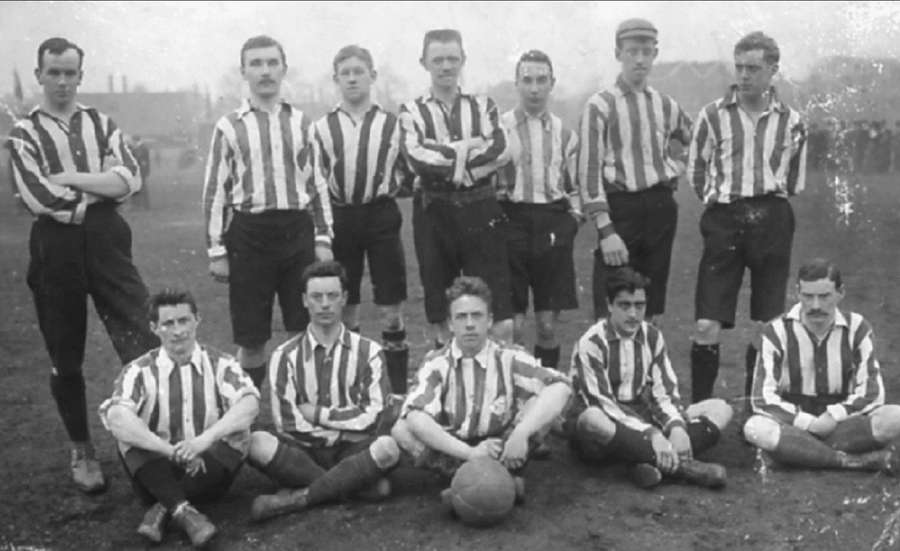
It didn’t take long for Rein to make a lasting impact at Sparta, the club he left in 1896 to volunteer as a soldier in Assen, where he’d play his football at Achilles. Boomsma returned to Sparta in 1899, where a plaque with his name still hung proudly on the wall.
But in terms of his footballing achievements, Boomsma isn’t remembered for his footballing days at Sparta.
We take a small step back to Cees van Hasselt, Rein’s teammate at Sparta. In 1901, Van Hasselt got the idea to play an international match between players from the Netherlands and Belgium. Along with a friend, Van Hasselt decided to organise this international game with players from the province of South Holland.
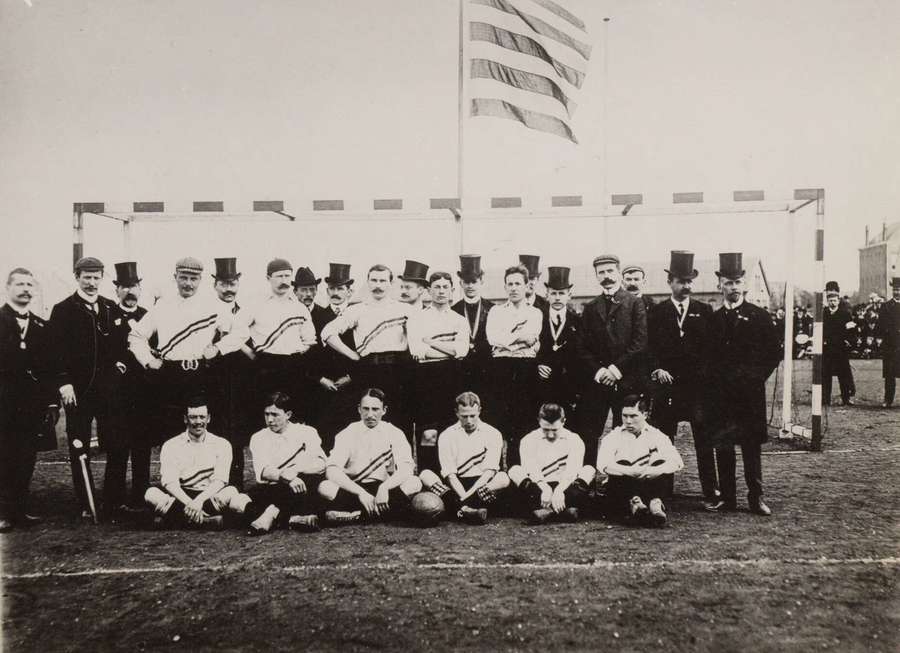
The match was not recognised as the first match of the Dutch national team because it was not played or organised by the KNVB, the Dutch football association. However, it did inspire them to organise the very first game of the Dutch national team. Even better, Van Hasselt inspired them to hire him as their very first manager.
Football history
When the time came in April 1905 to debut the Dutch national team in a game against Belgium, Rein Boomsma was there. Nine years after seeing that young kid from Schagen play in Rotterdam, Van Hasselt could not pass on the opportunity to let Boomsma write history along with him.
The full circle moment ended in a 4-1 win for the Netherlands after extra time – a result Van Hasselt and his men would repeat two weeks later, when the Netherlands beat Belgium 4-0 in Rotterdam on May 14th, 1905.
It was the only two international games Boomsma would ever play, but he had written his name in the history books as one of the 11 men to play the first ever game for what would become one of the world’s premier footballing countries.
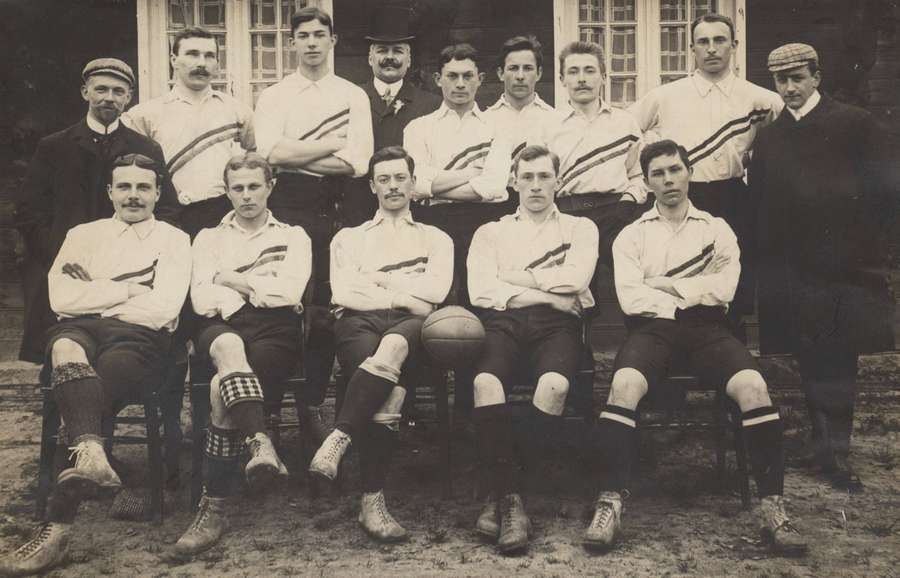
Rein retired from football in 1907 following his engagement to Gerardina Maria Schallenberg, and the forward would be named an honorary member of Sparta Rotterdam the following year.
After and even during his footballing days, Rein started focusing more on his passion for working in the military. After starting his military career at the 1st Regiment Infantry in Assen in 1896, Boomsma became a professional military member following his retirement and worked his way up from officer to colonel of the Dutch army.
After serving as garrison commander in Apeldoorn and his superannuation on his 59th birthday in 1938, Boomsma served as the territorial commander of the east of the Netherlands following the invasion of Nazi Germany on May 10th, 1940.
The start of World War II ended Boomsma’s active military career as the Germans quickly annexed the Netherlands following the bombardment of Rotterdam and overpowering Boomsma’s forces around the river Lek.
Resistance leader
After the Netherlands surrendered, Rein founded the Ordedienst (OD, or Order Service), a clandestine organisation created to protect and bring peace to the Netherlands during Nazi Germany’s occupation. However, the organisation quickly turned to a full-fledged resistance power, and Rein became the commander for the Veluwe district in the country's east.
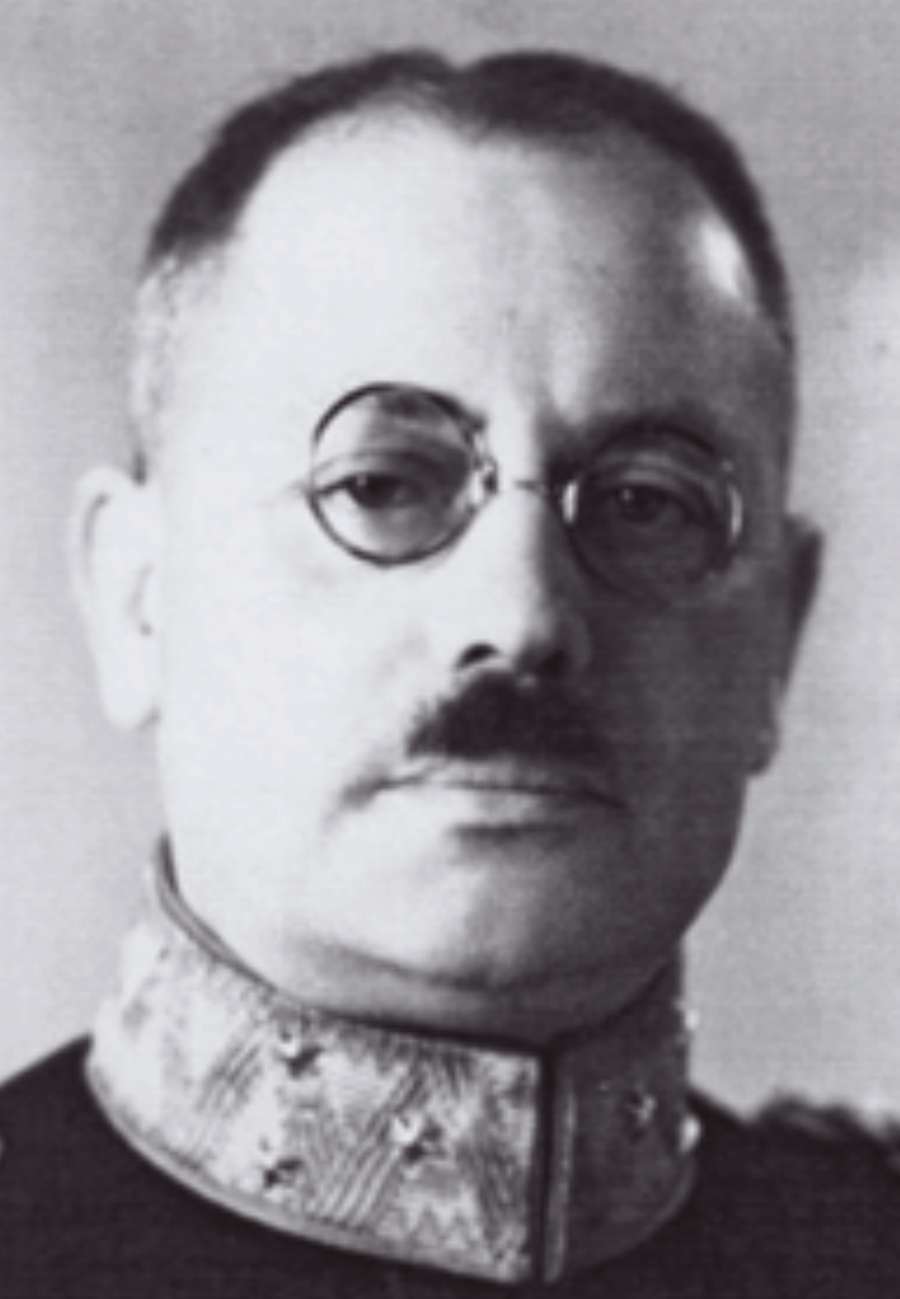
As commander of the Ordedienst, Rein structured the organisation, spied on Nazi Germany, collected intel on airfields and supply routes, and established a radio line between the Netherlands and England, where the Dutch government-in-exile had settled.
This radio line would later become crucial for the Dutch resistance and in the distribution of Radio Oranje, the illegal radio channel through which the Dutch queen Wilhelmina and her government-in-exile spoke to the civilians.
Betrayal
However, Boomsma’s role as leader of the resistance did not survive for long as a traitor in the Ordedienst’s ranks betrayed Boomsma and his inferiors to the Nazis, leading to the arrest of key resistance figures. Boomsma ended up in the so-called Oranjehotel in Scheveningen, the police prison where resistance members were sent.
A year after his first arrest in 1941, Boomsma was released from the Oranjehotel. The Nazis let him go in the thought that Rein would resume his work in the resistance. This would allow the Nazis to locate and arrest his associates, and they did exactly that. Two heads of the OD were arrested and executed, after which Boomsma was arrested a second time and was not let go.
The man who played in the first-ever game of the famous Dutch national team passed away in May 1943. Rein Boomsma was 63 years old when he died of a supposed heart attack in the Neuengamme concentration camp.
His lasting legacy did not just come from his own work, but also that of his children: Rein's six daughters all got involved in the resistance during the Second World War.

